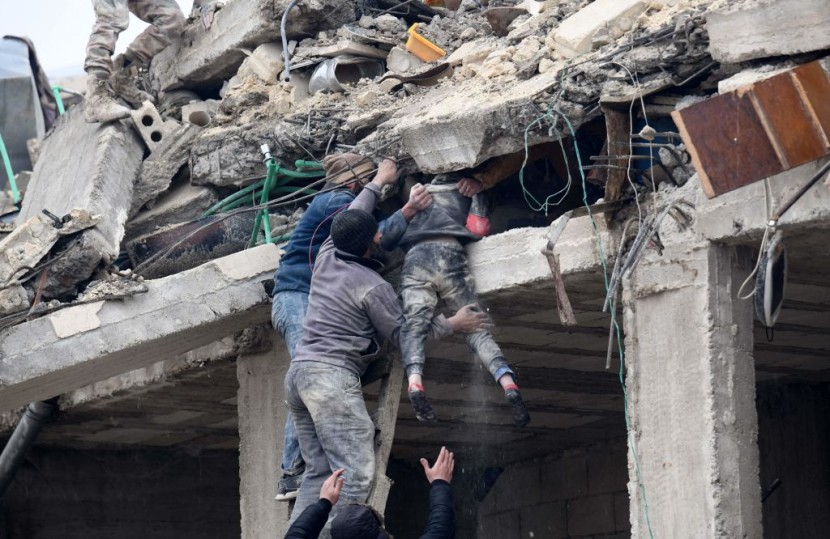
A powerful earthquake jolted the Colombian capital, Bogota, on Thursday, triggering alarms and causing a brief but intense moment of panic.
Tragically, one woman lost her life after jumping from a building during the commotion, according to local authorities, as per NDTV.
Earthquake Strikes Bogota, Unveiling Vulnerabilities
While no significant structural damage was reported, the incident has raised concerns about the region's seismic vulnerability. The earthquake, which struck at 12:04 pm local time, had a magnitude of 6.1, as reported by the Colombian Geological Survey (CGS).
However, the United States Geological Survey (USGS) recorded the quake's magnitude slightly higher at 6.3. The epicenter of the tremor was situated in the town of El Calvario, approximately 40 kilometers (25 miles) southeast of Bogota.
Shortly after the initial shock, a 5.9-magnitude aftershock followed, as announced by the Colombian agency on various social media platforms.
Buildings in the capital swayed, and sirens blared, prompting thousands of concerned residents to flood the streets while clutching their cellphones to communicate with loved ones. Although there was no widespread destruction, there were reports of people being trapped in elevators and minor incidents around the city.
Tragically, one woman's death cast a somber shadow over the aftermath. The mayor of Bogota, Claudia Lopez, revealed on social media, "The only serious incident reported was a woman who threw herself from the 10th floor of a residential building... apparently due to a nervous disorder."
Firefighters confirmed the woman's passing, highlighting the distressing impact such events can have on individuals during moments of crisis, according to Economic Times.
Central Colombia's Response to Recent Earthquake
Reports of the quake's effects extended beyond Bogota. Residents in cities such as Villavicencio, Bucaramanga, Tunja, and Ibague, all located near the epicenter, reported feeling the tremors.
Despite the initial chaos, authorities urged citizens to remain calm and vigilant, particularly against the possibility of aftershocks. In the midst of the seismic event, US Ambassador Francisco Palmieri was delivering a speech at a hotel in Bogota.
A video of the session showed the moment when the quake struck, causing a pause in his address as he queried aloud in English about the possibility of an earthquake. He then continued speaking with a smile. The hotel did not require evacuation.
While the quake itself didn't lead to significant infrastructure damage, there were some instances of minor destruction. A piece of the ceiling in the congress building became detached, as captured in videos released by the lower chamber of congress on social media.
Fortunately, this incident did not result in any reported injuries. Beyond Bogota, the effects rippled through central Colombia, an area characterized by its high seismic activity and proximity to one of the nation's primary geological faults.
Earthquakes are a recurring concern in this region, and experts emphasize the importance of preparedness, communication, and awareness to ensure public safety during such events.
As Colombia grapples with the aftermath of this recent earthquake, the tragedy and the panic it provoked serve as a reminder of the unpredictable nature of seismic events and the urgent need for ongoing preparedness efforts, The Telegraph reported.
© 2025 HNGN, All rights reserved. Do not reproduce without permission.








